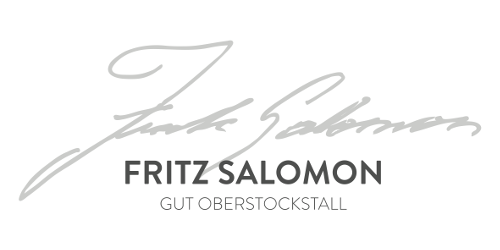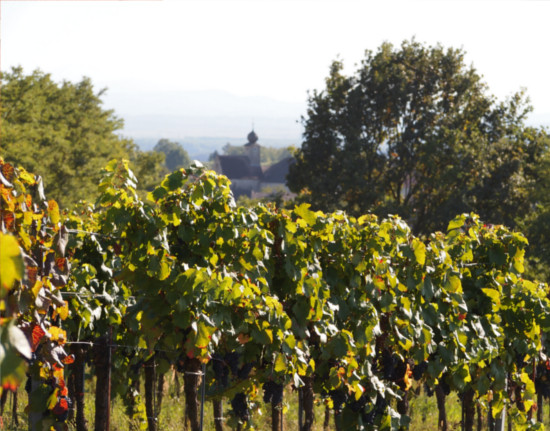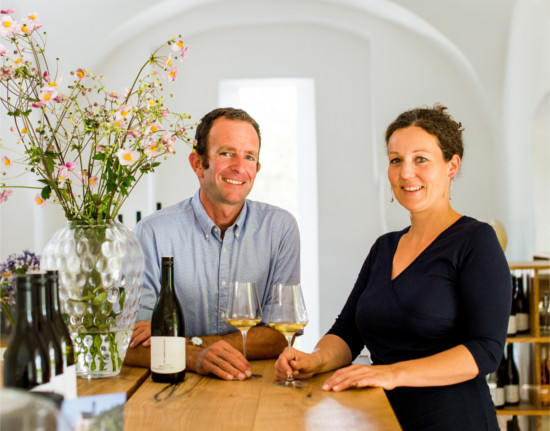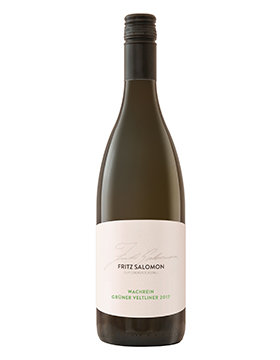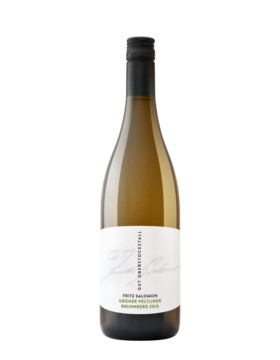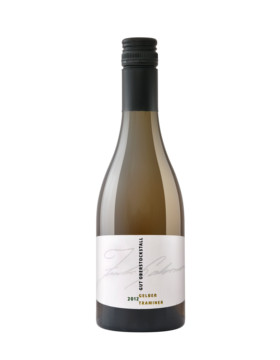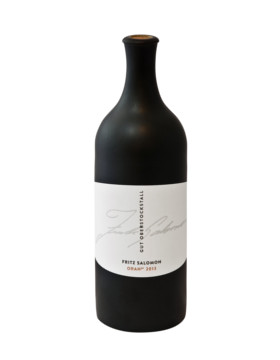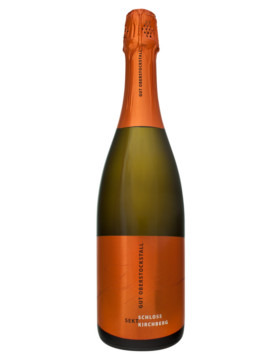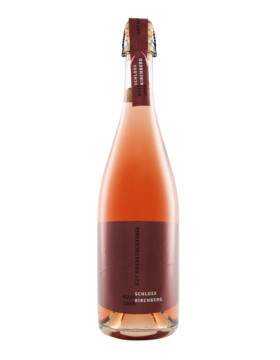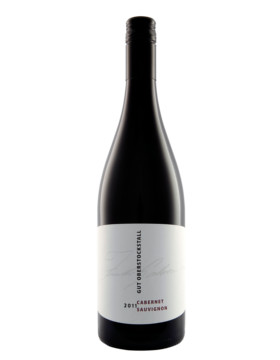Gut Oberstockstall is living tradition. Since the 12th century agriculture has been practiced in its fields. Just over six decades ago when my two grandfathers, Josef Jamek and Fritz Salomon, decided to plant Gelben Traminer, Pinot noir, Riesling and Chardonnay aside the already omnipresent Grünen Veltliner into the loess-soils of the Wagram, viticulture gained in importance. My parents continued the once chosen way until I took the helm in 1990. In 2002 we changed officially to organic vineyard-management followed by the conversion to biodynamic viticulture in 2008 which added a new qualitative dimension to our wines. The concomitant privilege of being able to work with constantly better grapes we utilized to vinify always more uncompromising wines. We ferment them spontaneously and without temperature control, filter them rarely and use sulphites late and in small amounts and sometimes not at all. Additionally we trust into the factor of time which slowly and reliably reveals the hidden sides of our wines.
Healthy soil is the essential base for our grapevines. The implementation of biodynamic principles which put vital importance on soil-life was thus an obvious step. Due to multiple measures, like the spraying of biodynamic preparations and the encouragement of ecological diversity, our vineyards literally developed into wine gardens over the last years. In and above earth, life is abundant. Thereby the togetherness of plants, insects, birds and reptiles provides more than just an aesthetic dimension. Active soil-life also induces an increased resistance against negative environmental influences; it ensures a better aeration, a deeper rooting and a more diverse assimilation of nutrients which manifest in vital grapevines and healthy grapes. My wines bear witness to that.
The friars of the diocese Passau were the first who planted vines into the vineyards of what is today Gut Oberstockstall. The fact that the farmed areas of Tobel & Glockengiesser, Brunnberg & Maulbeerpark were consistently replanted over the next 700 years, shows that they were always thought to be among the best of the region.
Each of the four vineyards tells its own story, but common to all of them are two decisive factors: On the one hand wind circulates steadily through the rows of vine and gives the final wines a cool straightforwardness and lively structure; on the other hand they are all based on loess, a fine-grained sediment which was blown to the Wagram from the glacier forelands of the Alps during the ice age. Loess warms up swiftly, stores water well and is rich on minerals. Due to its porosity it provides the vines the possibility to root deeply.

Not every winegrower doing “natural wine” is happy with the term. Some replace it with adjectives like raw, naked, true or real. But whatever term is finally used, the intention is always the same: to produce wines which get by with a minimum of interventions and additives and put authenticity, origin and tradition but also drinkability, vitality and a richness of flavours in the focus of attention. A legal regulation of what natural wine really is, would be desirable but seems to be a long time coming.
That is the reason why we decided to follow our own agenda: In the vineyard we apply biodynamic principles. Since 2008 we are certified by Demeter. In the cellar we ferment all our wines spontaneously and without temperature control. A very few wines we filter, but offer, as an alternative, also unfiltered versions.
We monitor our wines and try them consistently. And we also make decisions which have huge influence on their styles: we define the containers for aging the wines, determine their time on the skins and on the lees and regulate the air supply. But – and that is decisive – we do not remove or add anything with the exception of a small amount of sulphites (and sometime we even refrain from them).
Our wines are welcoming, candid, expressive, vivacious and long-lasting. They look back in time but also ahead. They refuse to be classified with the usual generalizations but reveal the fingerprints of its terroir und exhaust the possibilities of its grape-varieties. They are the result of pure craftsmanship and reflect our ideas and eventually ourselves.

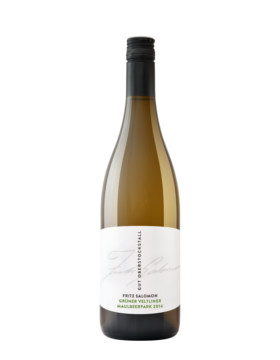
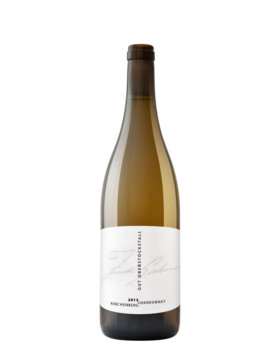
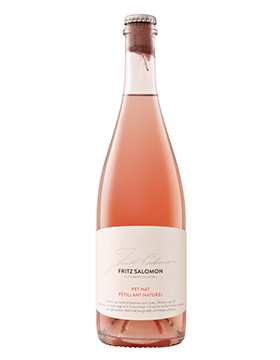
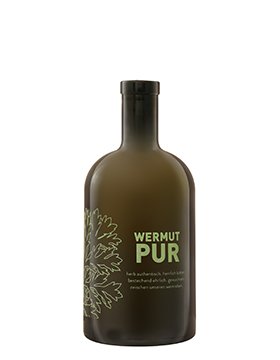
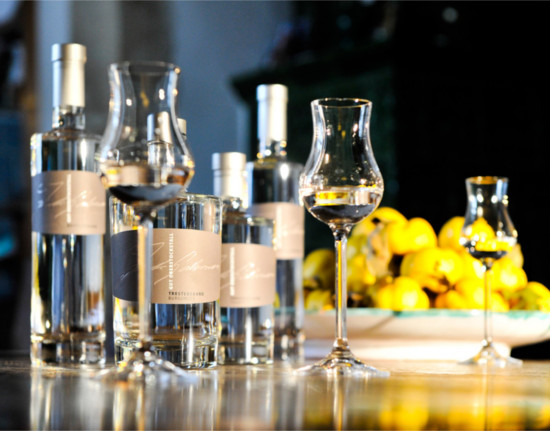
Die Tradition der Edelbrände wurde von unserem Urgroßvater 1921 mit der Marille begründet. Manche Bäume stammen noch aus diesem Jahr.
Wie auch bei unseren Weinen setzen wir bei den Bränden auf höchste Qualität und holen den Geschmack der vollreifen Frucht in die Flasche.
Sie finden bei uns: Marillenbrand, Quittenbrand, Tresterbrände vom Burgunder und Traminer

aus dem Weingut

bestehend aus je einer Flasche
Grüner Veltliner Wachrein 2017
Grüner Veltliner Brunnen 2016
Grüner Veltliner Maulbeerpark 2014
Riesling Tobel 2014
Chardonnay Kirchenberg 2014
Blauer Burgunder 2013
inklusive Versand € 105,-
Weine einfach bestellen:
per Email an wein@gutoberstockstall.at
oder telefonisch unter +43 2279 2335 12
Gerne schicken wir Ihnen die entsprechenden Weine per Post zu.
Sie bezahlen bequem per Erlagschein.
Gut Oberstockstall Weine können Sie auch bequem bei unseren Partnern bestellen & verkosten.

